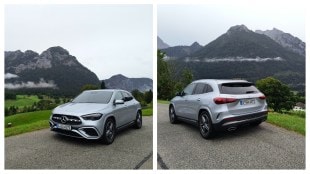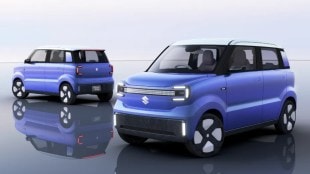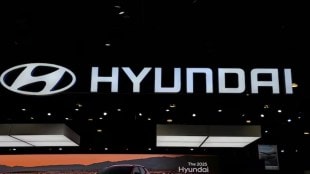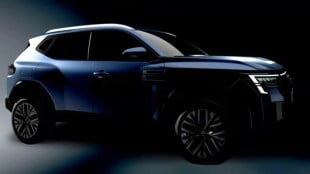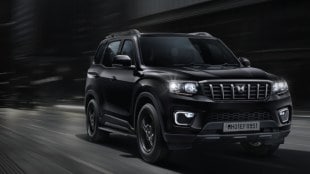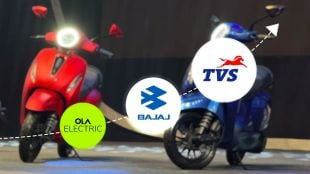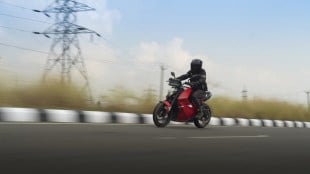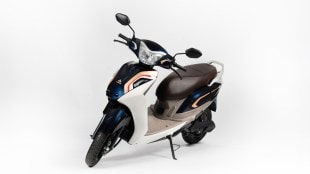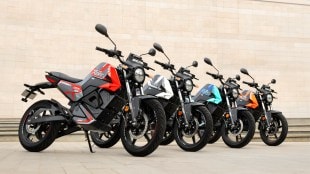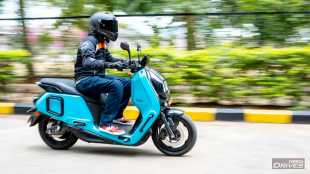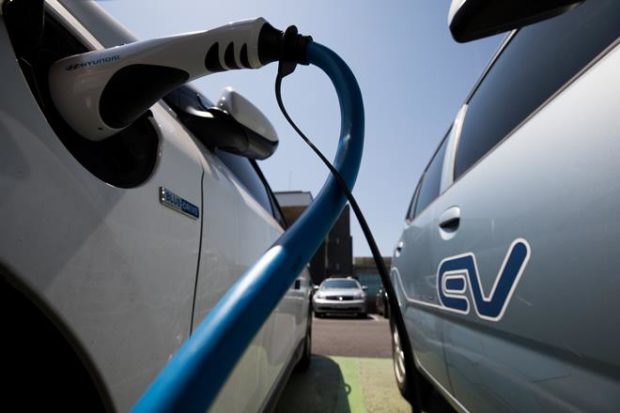
The Central Government appointed think-tank, the NITI Aayog, has recently proposed that to further push the Electric Vehicle Ecosystem, the government would have to adopt a Feebate policy that might increase taxation on ICE vehicles. In response to this, the Automotive industry has warned of dire consequences that could potentially hurt one of the largest industries in the country, that draws in a large amount of foreign investment and employs thousands of people. The fact that India already has a tax structure that adds taxes based on length (sub-4 metre rule), engine displacement and fuel type, to which state tax and cess are added. At present, the automotive industry bears cumulative taxation that could amount to about 70% of the value of the vehicle sold in some cases, making the Indian Automotive industry one of the highest taxed in the world.
The Society of Indian Automotive Manufacturer (SIAM) said that while they agree that cash incentives and rebates will help foster the growth of the Nascent Electric Vehicle market, an added feebate policy might stunt an already slow automotive industry. Especially considering that the upcoming switch to BSVI is already expected to cost the industry a stunning Rs 1 lakh crore in investment.
Speaking on the proposed development Chairman Maruti Suzuki RC Bhargava says that even with heavy incentives the EV industry may not grow as expected. Bhargava stressed on a need for better technology and investments towards an electric vehicle ecosystem, which is fundamental to the holistic growth of EVs. This is more so amplified by the fact that India is a small car market, where EVs are expected to enter much later.
The SIAM too seems to share this perspective, they released a paper that outlines the fact that the switch to BS6 is a step in the right direction and is likely to drastically reduce harmful PM 2.5 emissions from diesel and commercial vehicles by as much as 90% when compared to BS-III standards. Outlining the fact that at the moment a feebate policy might actually jeopardize the industry as a whole.
Vishnu Mathur SIAM Director General said that India is still at a very nascent stage on their way to adopt electric vehicles. To disincentivising existing technology, would be a crucial blow to the Industry.Mathur said that while EVs still need incentives and rebates, the proposed feebates would work more against the development than for it.


